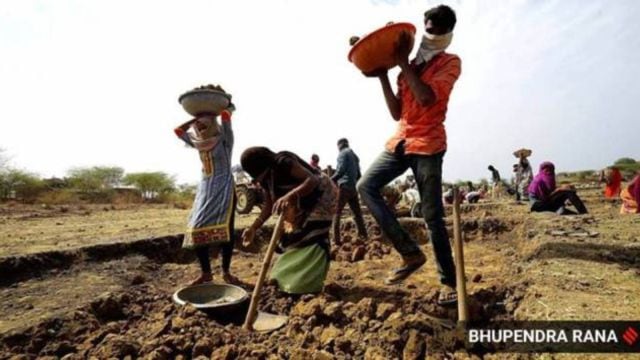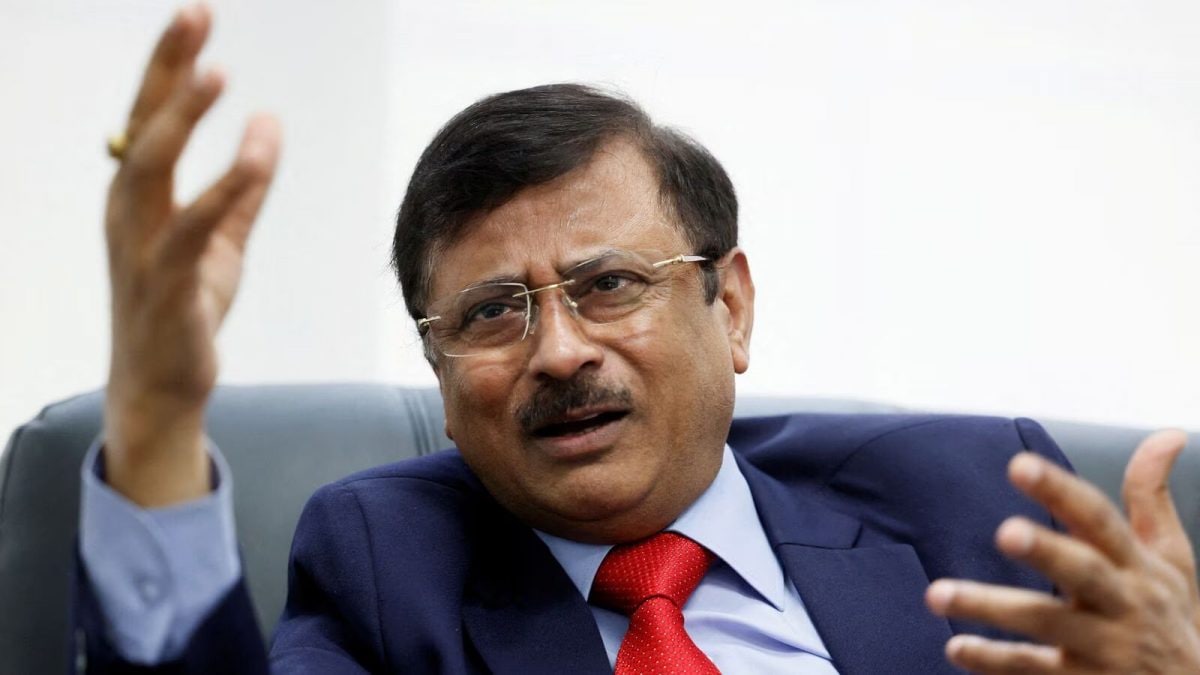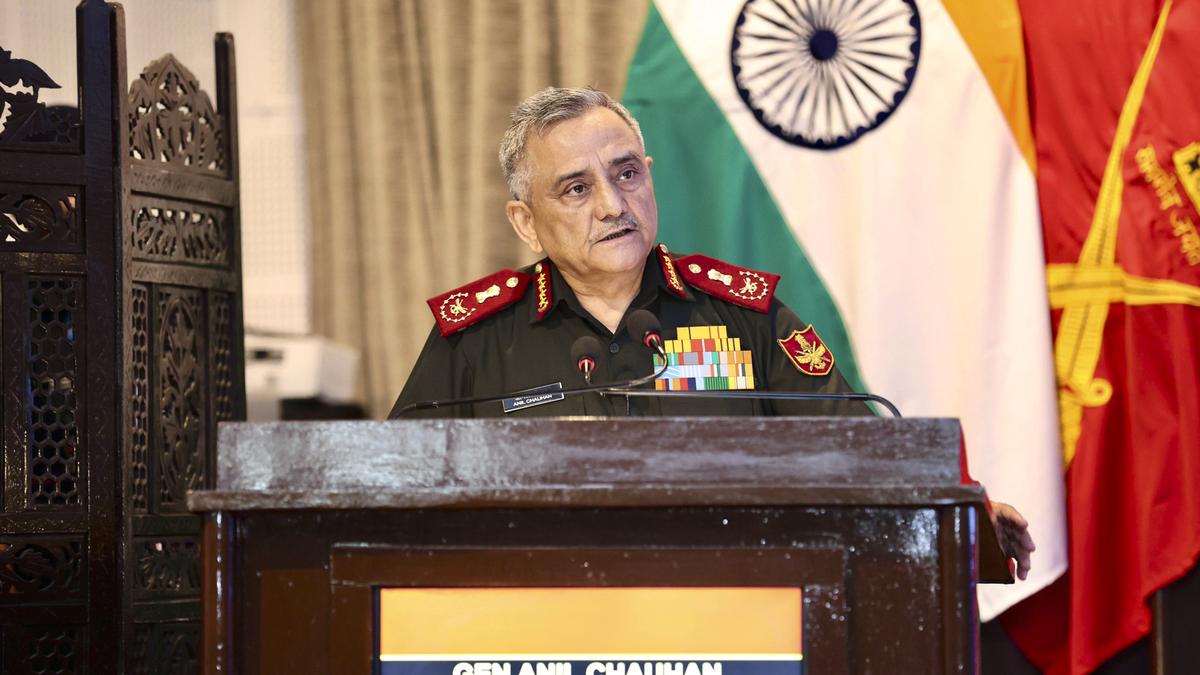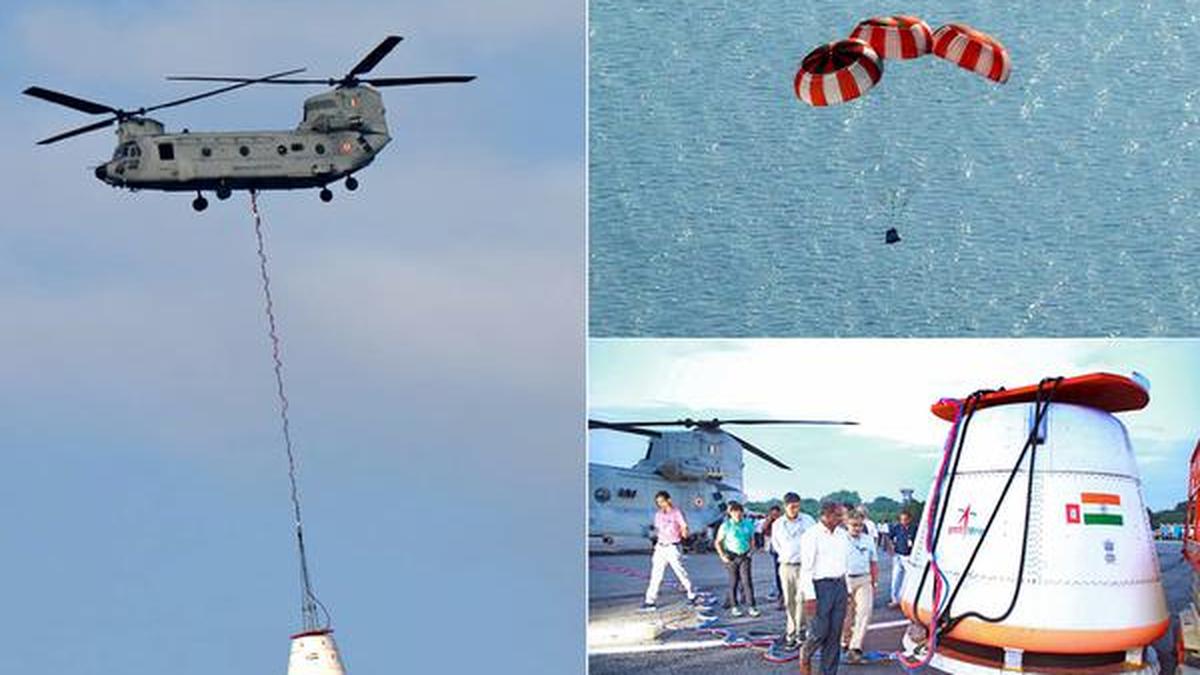ARTICLE AD BOX
 While the Centre conducts internal audits and field inspections by the National Level Monitors, this is the first time it has asked the states to conduct an inquiry into high-cost works specifically.
. (File Photo)
While the Centre conducts internal audits and field inspections by the National Level Monitors, this is the first time it has asked the states to conduct an inquiry into high-cost works specifically.
. (File Photo)
The Centre has asked states to constitute teams of technical and administrative officers to conduct an inquiry into “high-cost” works under the Mahatma Gandhi National Rural Employment Guarantee Scheme (MGNREGS). According to sources, the Ministry of Rural Development (MoRD) sent an advisory in April, along with an analysis of such works under the social security and employment scheme.
The states were asked to share the findings of the inquiry in “accordance with the format shared along with the advisory”, said a source. According to sources, a few states, including Tripura, Jharkhand, Mizoram, and Chhattisgarh, have shared “partial” reports. Meanwhile, a majority of states are yet to share their findings on the scheme that legally guarantees at least 100 days of wage employment in a financial year to rural households.
Sources said the ministry discussed the issue of delay in sharing the findings with the state government officials during the performance review meeting held on July 15. During that meeting, Central officials asked the remaining states to share the “complete reply at the earliest”.
While the Centre conducts internal audits and field inspections by the National Level Monitors, this is the first time it has asked the states to conduct an inquiry into high-cost works specifically.
The Centre has spent about Rs 1 lakh crore on the NREGS annually in recent years. For the current financial year (2025-26), the Centre allocated Rs 86,000 crore for the scheme.
The United Progressive Alliance (UPA) government under Manmohan Singh launched the scheme in 2006 after Parliament passed the Mahatma Gandhi National Rural Employment Guarantee Act (MGNREGA) in 2005. It was first introduced in 200 most backward rural districts of the country and extended to 130 more districts in the financial year 2007-08, and to the entire country from 2008-09.
The scheme saw a spike in demand for work during 2020-21 when a record 7.55 crore rural families availed the scheme in the wake of the Covid-19 outbreak. It became a safety net for migrant workers who returned to their villages during the Covid-19 lockdown in 2020. However, since then, the number of families worked under the MGNREGS has gradually come down — 7.25 crore in 2021-22, 6.18 crore in 2022-23, 5.99 crore in 2023-24 and 5.79 crore in 2024-25.
Story continues below this ad
The last three financial years (2022-23 to 2024-25) do not include NREGS beneficiary figures for West Bengal, where the scheme has been suspended since March 2022. Since its inception, Rs 11,57,618 crore have been spent on the NREGS till date.
Recently, the MoRD circulated a proposal for the continuation of NREGS for approval by the Expenditure Finance Committee (EFC), seeking an outlay of Rs 5.23 lakh crores for five years till 2029-30. The EFC is a central body that appraises government schemes and projects, and it comes under the Ministry of Finance.
Harikishan Sharma, Senior Assistant Editor at The Indian Express' National Bureau, specializes in reporting on governance, policy, and data. He covers the Prime Minister’s Office and pivotal central ministries, such as the Ministry of Agriculture & Farmers’ Welfare, Ministry of Cooperation, Ministry of Consumer Affairs, Food and Public Distribution, Ministry of Rural Development, and Ministry of Jal Shakti. His work primarily revolves around reporting and policy analysis. In addition to this, he authors a weekly column titled "STATE-ISTICALLY SPEAKING," which is prominently featured on The Indian Express website. In this column, he immerses readers in narratives deeply rooted in socio-economic, political, and electoral data, providing insightful perspectives on these critical aspects of governance and society. ... Read More
Stay updated with the latest - Click here to follow us on Instagram
© The Indian Express Pvt Ltd



.png)
.png)
.png)

























 English (US) ·
English (US) ·